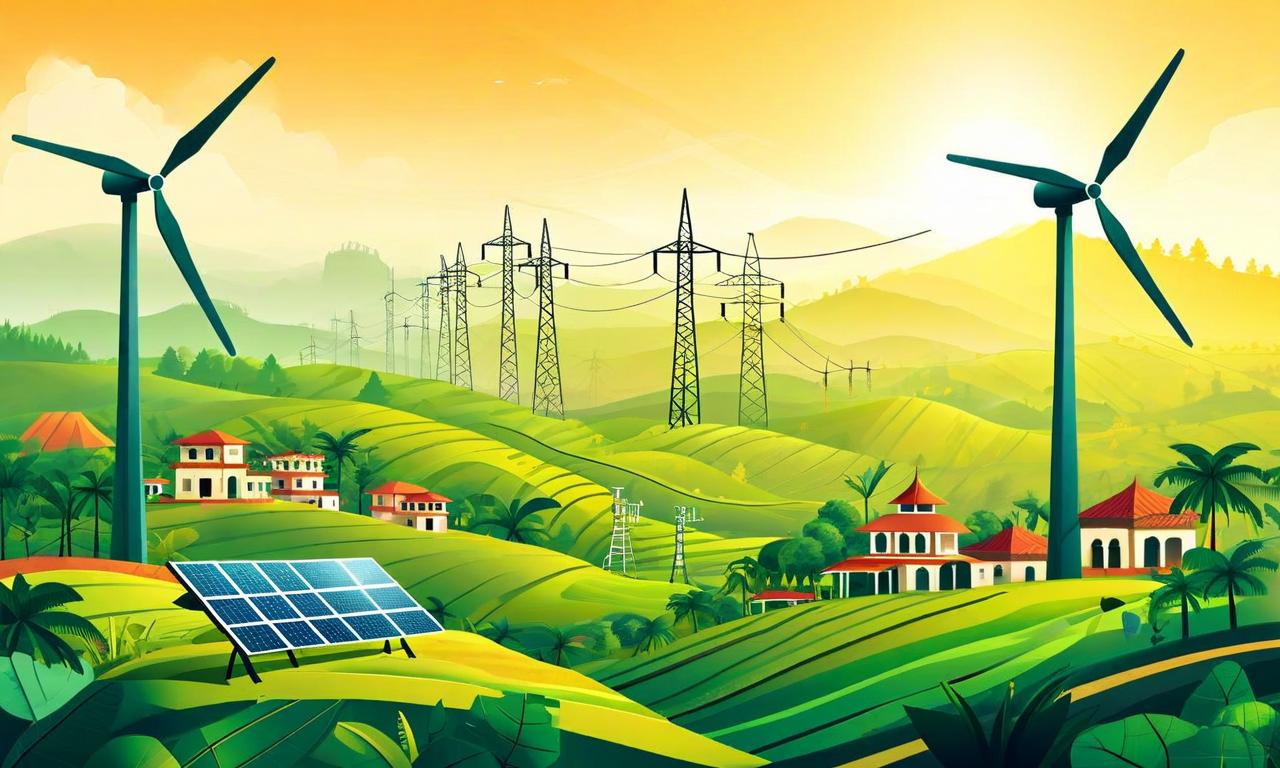Russia's Lavrov Signals Openness to Energy Collaboration
Russian Foreign Minister Sergey Lavrov has expressed interest in pursuing collaborative energy initiatives with international partners. This move could potentially reshape global energy markets and diplomatic relations. The development comes amid ongoing challenges and transformations in the global energy sector, with Russia playing a crucial role as a major energy producer. While specific details are not provided, this approach could potentially ease international tensions and foster cooperation in other areas.

*this image is generated using AI for illustrative purposes only.
Russian Foreign Minister Sergey Lavrov has expressed a keen interest in pursuing collaborative energy initiatives, signaling a potential shift in Russia's approach to international energy partnerships.
Potential for New Energy Partnerships
Lavrov's statement indicates Russia's willingness to work with international partners on energy-related projects. This development could have significant implications for global energy markets and diplomatic relations.
Implications for Global Energy Landscape
The openness to collaboration comes at a time when the global energy sector is facing numerous challenges and transformations. Russia, as one of the world's largest energy producers, plays a crucial role in shaping international energy dynamics.
Diplomatic Considerations
While the specifics of potential collaborations remain unclear, Lavrov's comments suggest a possible avenue for diplomatic engagement through energy partnerships. This approach could potentially ease tensions and foster cooperation in other areas of international relations.
Looking Ahead
As the situation develops, it will be important to monitor:
- Which countries or companies might engage with Russia in these energy initiatives
- How such collaborations could impact global energy supply chains
- Potential effects on geopolitical relationships
The international community will be watching closely to see how these expressed interests in energy collaboration materialize into concrete projects or agreements.

























